Plant Science Study Guide
What is a Plant?
A plant is a living organism that belongs to the kingdom Plantae. Plants are multicellular eukaryotes that have cell walls made of cellulose. They are essential for life on Earth as they are the primary producers, using sunlight to convert carbon dioxide and water into food through the process of photosynthesis.
Parts of a Plant
Plants have various parts with specific functions:
- Roots: Anchor the plant in the soil and absorb water and nutrients.
- Stem: Supports the plant and transports water, nutrients, and sugars.
- Leaves: Site of photosynthesis, where plants make their own food using sunlight, carbon dioxide, and water.
- Flowers: Reproductive structures that produce seeds for the next generation.
Types of Plants
Plants can be categorized into different groups:
- Flowering Plants (Angiosperms): These plants produce flowers and seeds enclosed within a fruit.
- Non-flowering Plants (Gymnosperms and Ferns): These plants do not produce flowers; instead, they reproduce through spores or uncovered seeds.
- Mosses and Algae: These are simple, non-vascular plants that typically grow in moist environments.
Life Cycle of a Plant
Plants have a life cycle that involves germination, growth, reproduction, and eventually, death. The life cycle can vary among different plant species.
Importance of Plants
Plants play a crucial role in the environment and human life:
- They produce oxygen through photosynthesis, which is essential for all living organisms.
- Plants provide food for humans and animals.
- They contribute to the water cycle and help prevent soil erosion.
- Plants are a source of materials for clothing, shelter, medicine, and more.
Study Tips
When studying plants, it's helpful to:
- Observe different types of plants in your surroundings.
- Learn the names and functions of plant parts.
- Understand the process of photosynthesis and its importance.
- Explore the diversity of plant species and their adaptations to various environments.
[Plant] Related Worksheets and Study Guides:
.◂Science Worksheets and Study Guides Kindergarten. Weather
Coloring Worksheet Calendar
Calendar  Coloring Worksheet
Coloring Worksheet Calendar
Calendar  Coloring Worksheet
Coloring Worksheet Day and Night
Day and Night  Coloring Worksheet
Coloring Worksheet Day and Night
Day and Night  Coloring Worksheet
Coloring Worksheet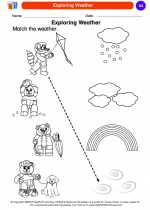 Exploring Weather
Exploring Weather  Coloring Worksheet
Coloring Worksheet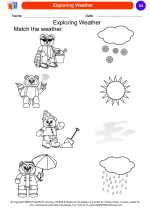 Exploring Weather
Exploring Weather  Coloring Worksheet
Coloring Worksheet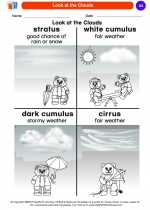 Look at the Clouds
Look at the Clouds  Coloring Worksheet
Coloring Worksheet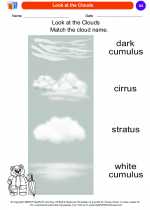 Look at the Clouds
Look at the Clouds  Coloring Worksheet
Coloring Worksheet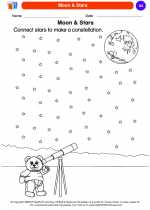 Moon & Stars
Moon & Stars  Coloring Worksheet
Coloring Worksheet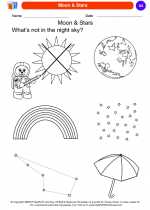 Moon & Stars
Moon & Stars  Coloring Worksheet
Coloring Worksheet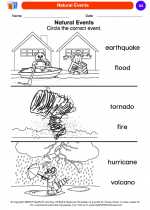 Natural Events
Natural Events  Coloring Worksheet
Coloring Worksheet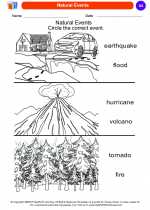 Natural Events
Natural Events  Coloring Worksheet
Coloring Worksheet Sun and Shadows
Sun and Shadows  Coloring Worksheet
Coloring Worksheet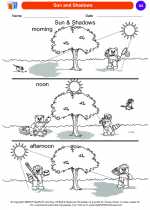 Sun and Shadows
Sun and Shadows  Coloring Worksheet
Coloring Worksheet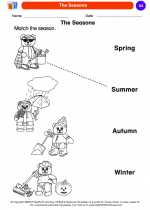 The Seasons
The Seasons  Coloring Worksheet
Coloring Worksheet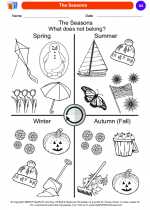 The Seasons
The Seasons  Coloring Worksheet
Coloring Worksheet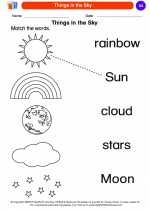 Things in the Sky
Things in the Sky  Coloring Worksheet
Coloring Worksheet Things in the Sky
Things in the Sky  Coloring Worksheet
Coloring Worksheet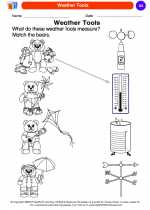 Weather Tools
Weather Tools  Coloring Worksheet
Coloring Worksheet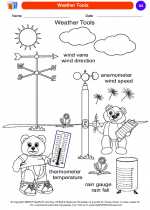 Weather Tools
Weather Tools 

 Coloring Worksheet
Coloring Worksheet
 Coloring Worksheet
Coloring Worksheet
 Coloring Worksheet
Coloring Worksheet
 Coloring Worksheet
Coloring Worksheet
 Coloring Worksheet
Coloring Worksheet
 Coloring Worksheet
Coloring Worksheet
 Coloring Worksheet
Coloring Worksheet
 Coloring Worksheet
Coloring Worksheet
 Coloring Worksheet
Coloring Worksheet
 Coloring Worksheet
Coloring Worksheet
 Coloring Worksheet
Coloring Worksheet
 Coloring Worksheet
Coloring Worksheet
 Coloring Worksheet
Coloring Worksheet
 Coloring Worksheet
Coloring Worksheet
 Coloring Worksheet
Coloring Worksheet
 Coloring Worksheet
Coloring Worksheet
 Coloring Worksheet
Coloring Worksheet
 Coloring Worksheet
Coloring Worksheet
 Coloring Worksheet
Coloring Worksheet

The resources above cover the following skills:
EARTH AND SPACE SCIENCE (NGSS)
Earth’s Systems
Students who demonstrate understanding can:
Use and share observations of local weather conditions to describe patterns over time.